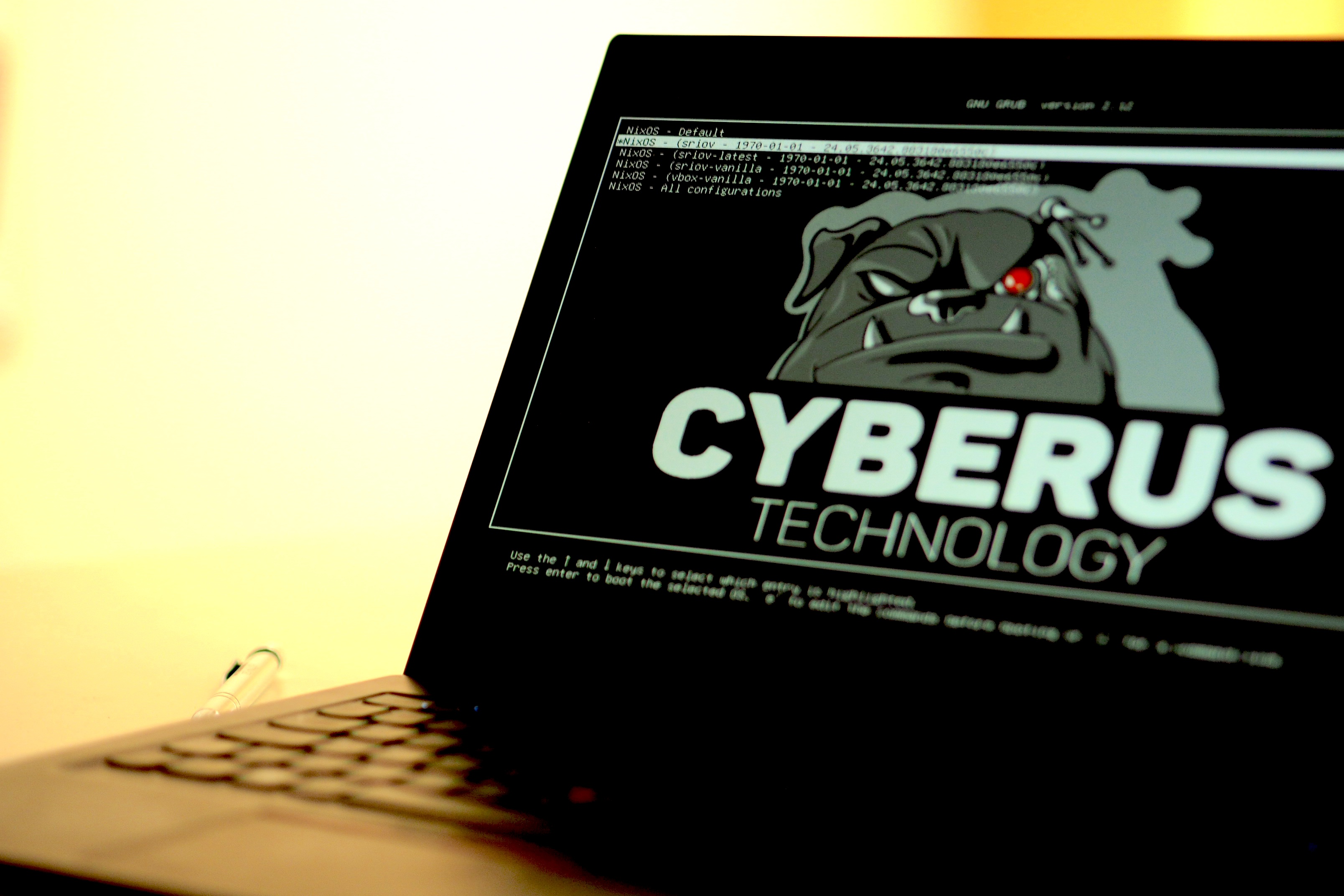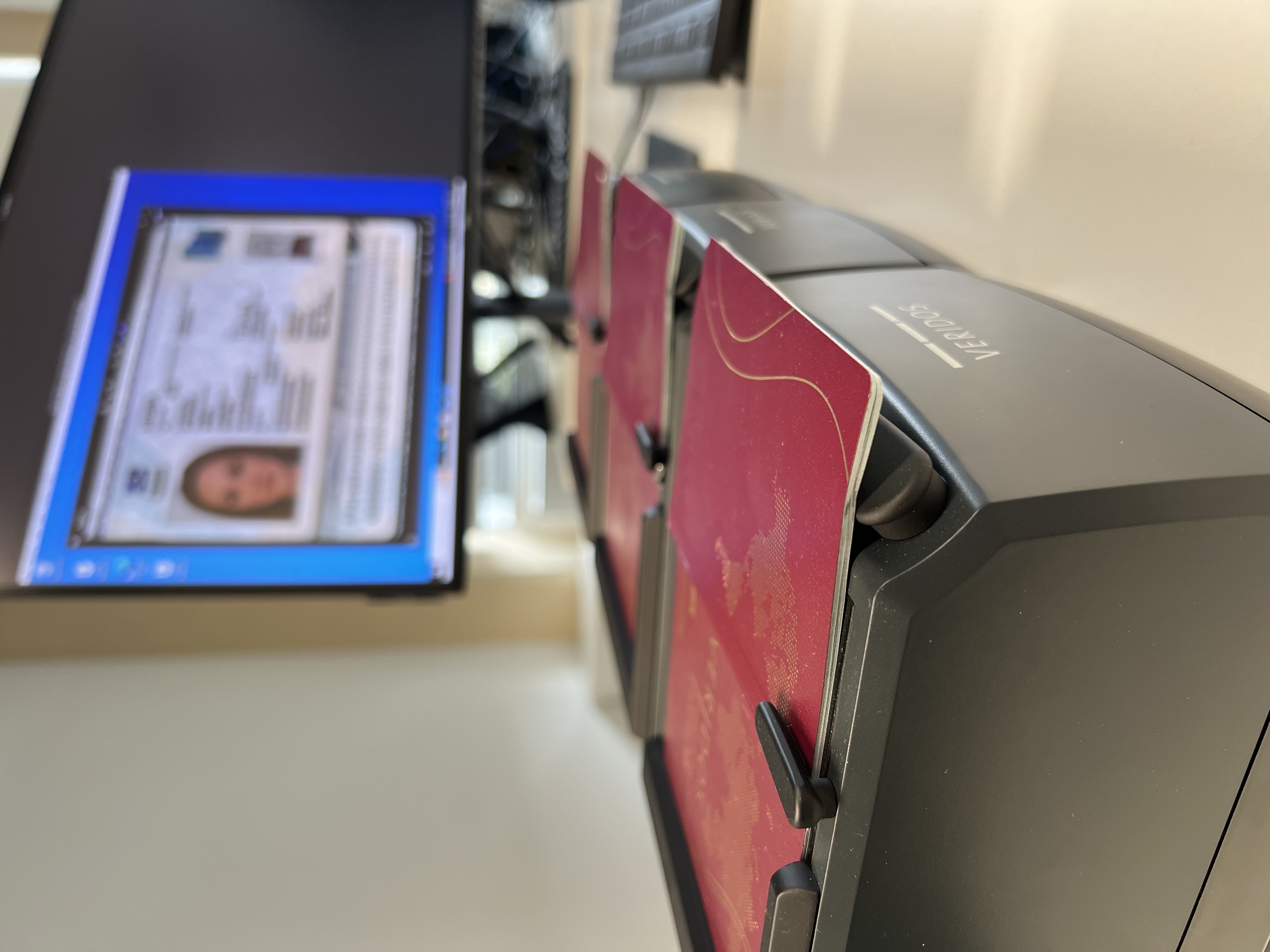Simplify Your SR-IOV Setup: A Guide to NixOS Modules and specialisations
Unlock the power of SR-IOV graphics acceleration with NixOS! This blog post dives into how you can simplify complex configurations using NixOS modules and specialisations. Whether you're optimizing your KVM backend for VirtualBox or exploring other advanced features, this guide makes it easy to experiment safely and efficiently. Ready to take your system setup to the next level?
- nix
- nixos
- how-to
- engineering
- sr-iov
- graphics
- virtualbox
- kvm
- linux
- testing
- virtualization





